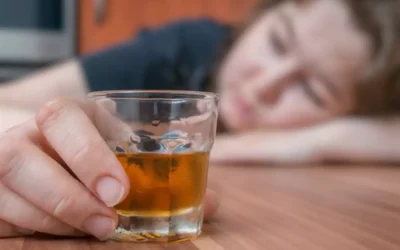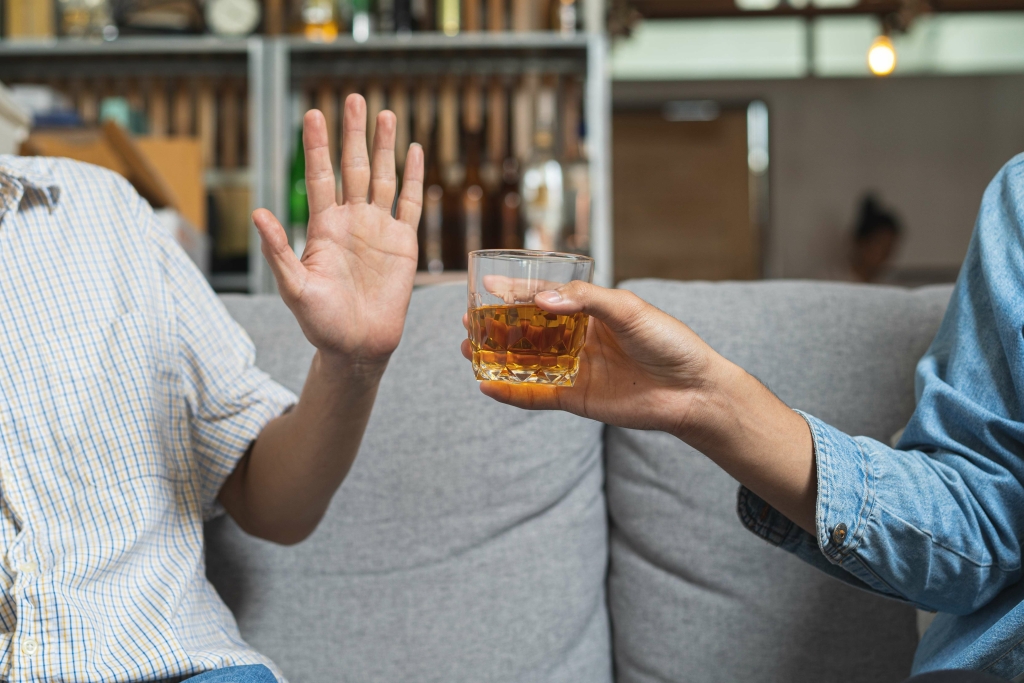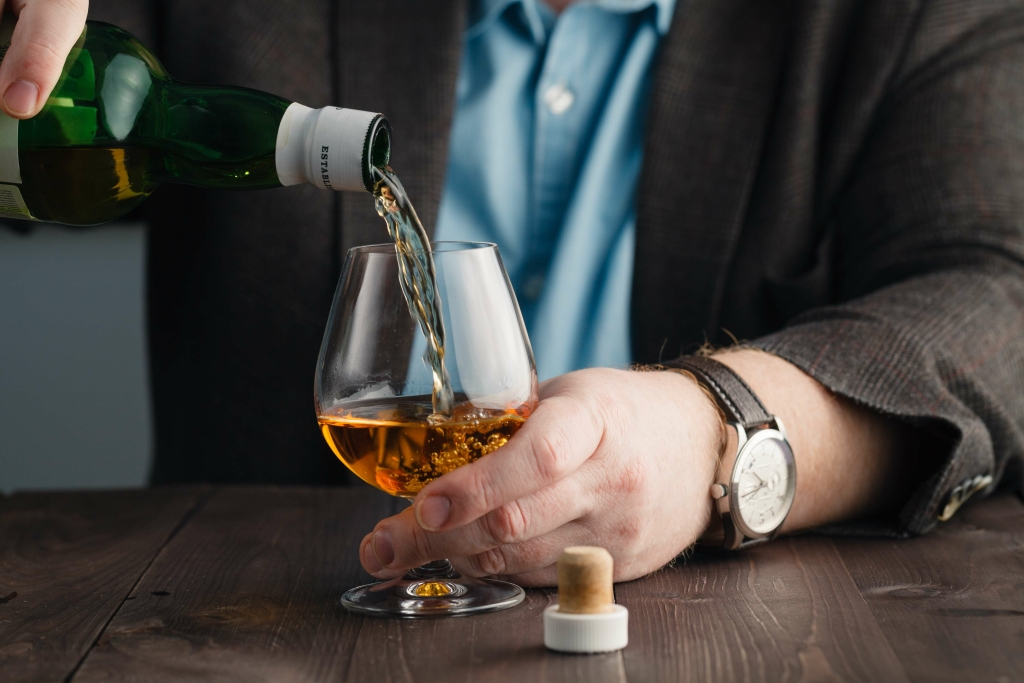Vicodin Addiction Signs, Symptoms & Effects
Withdrawal is one of the biggest drivers in continued use as the person does not want to feel sick and in pain. Those who are misusing painkillers will show signs as dependence develops. These symptoms affect everything from how the person acts to how they physically feel. Recognizing these signs can help you determine if your loved one is managing a painkiller use disorder and what you need to do to help. Fortunately, professional detox services are available to help those struggling with hydrocodone withdrawal navigate this difficult time of early recovery.
How Long is Vicodin Addiction Treatment?
The most common painkillers that result in dependence are opiate and opioid medications, all of which require a doctor’s prescription. Painkillers include codeine, morphine, oxycodone, hydrocodone, fentanyl, and more. These medications are utilized for chronic pain scenarios where NSAIDs or acetaminophen have not provided relief. When we talk about understanding painkiller addiction, it’s important to be specific on types. There are many pain relievers that are available over the counter, typically in a class of medications known as nonsteroidal anti-inflammatory drugs (NSAIDs) or acetaminophen. However, painkiller addiction does not typically involve these medications as they do not trigger effects of euphoria or relaxation.
- Of those who did get treatment, most received no help for their substance use (National Survey on Drug Use and Health releases, Substance Abuse and Mental Health Services Administration [SAMHSA], 2022).
- Although each of these classes of drug have their own mechanism of action, they are both powerful “downers” that, if taken together, increase the risk that a person will experience severe respiratory depression.
- “For people with a fixed income, that’s a tremendous amount, and it sometimes means people are choosing cigarettes over food,” AhnAllen said.
- As a result, it is important to be cautious when taking other medications with Vicodin.
- A few examples are ice or heat therapy, physical therapy, massage, acupuncture, and nerve stimulation.
Effects of Vicodin Abuse
- The substance can produce feelings of lightheadedness and euphoria, which have resulted in the widespread misuse of hydrocodone nationwide.
- Any prolonged use will cause severe liver damage, as both alcohol and opioids are processed in the liver.
- If you participate in a rehab aftercare program, you will gain the skills necessary to beat temptations.
- Each of these substances has the potential to be addictive, and each can be harmful in its own way if abused.
- The Cincinnati Enquirer, Columbus Dispatch and USA TODAY Network Ohio conducted interviews and examined documents to see how the experience of withdrawal differs in each jail.
Individuals battling Vicodin addiction are also susceptible to long-term mental health problems such as depression. If you are experiencing co-occurring disorders, both diseases can be simultaneously treated at rehab. Many individuals with a substance use disorder do not seek professional assistance. And the most effective way to overcome Vicodin abuse is to seek rehab for opioid addiction. If your doctor has prescribed this drug and you’re worried about addiction, talk about your concerns.
- Knoll, a German pharmaceutical company, released the brand name Vicodin in the U.S. market in 1978.
- Research suggests that 50% to 75% of those with substance use disorder have a co-occurring mental health condition.
- Vivitrol is an extended-release form of a medication called naltrexone.
Vicodin Abuse & Addiction
Everyone can play a role and take action to help end the opioid overdose epidemic in the United States. You'll soon start receiving the latest Mayo Clinic health information you requested in your inbox. How long it takes to taper off your medicine depends on the type and dose of the opioid you've been taking and how long you've been taking it. You may need weeks, months or even longer to slowly and safely lower your dose and stop taking your opioid medicine. If a person is suspected of overdosing on Vicodin, get help immediately by calling or your local emergency number. The best way to help your loved one recognize the need for treatment is to share your concerns in a compassionate, non-judgmental way.

Alcohol and cocaine are two very different substances that react inside the body to create a new compound known as cocaethylene. Painkillers are everywhere and do serve a purpose for those living with constant pain. However, taking these medications illicitly can result in devastating consequences, including dependence and possibly overdose. It can be hard Vicodin Addiction: Symptoms, Treatment, and Recovery to quit on your own, but the good news is there is help available that can allow you to regain your freedom. Opioid use disorder is common, and treatment will consist of therapies, classes, and support groups that help you understand the root causes of your addiction. You will rediscover your passions and begin the road to recovery and a life of healing.

It includes hydrocodone, which is the actual opioid component, as well as paracetamol, which is also known as acetaminophen. Hydrocodone changes how the person taking the drug perceives pain, and it can increase pain tolerance. The opioid epidemic impacting the nation has been front in center in Colorado, and one of the drugs that’s part of this battle is Vicodin. Vicodin is one of the more recognized and well-known prescription opioids combining hydrocodone and acetaminophen.
Cross-Faded Symptoms
Medical professionals prescribe the medication to help alleviate pain and make the patient more comfortable. Individuals who choose to utilize the drug illegally usually crush it themselves. Rather than be taken orally, the powder is snorted into the body by the user. Doing this allows the Vicodin to permeate the system in a short time compared to being swallowed, but it also puts individuals at a higher risk of harm and powerful side effects.
Finding Lasting Recovery
Drug Addiction Coping and Recovery - Verywell Mind
Drug Addiction Coping and Recovery.
Posted: Thu, 08 Jun 2023 17:08:02 GMT [source]
Moreover, a doctor will wean you off drugs slowly by decreasing the dosage you take each week in a tapering process. That is the first step toward detoxification and getting you off drugs. Granite Recovery Centers provides medical detoxification for people who do not need immediate medical intervention, are not a danger to themselves, and are capable of self-evacuation in the event of an emergency. Vicodin is a narcotic painkiller normally prescribed to treat moderate or intense pain. While the drug has a legitimate use for medical purposes, people might use it for recreational purposes.
Read more




